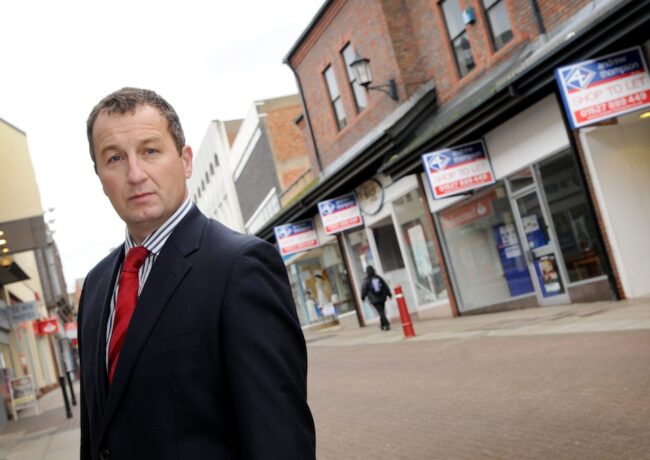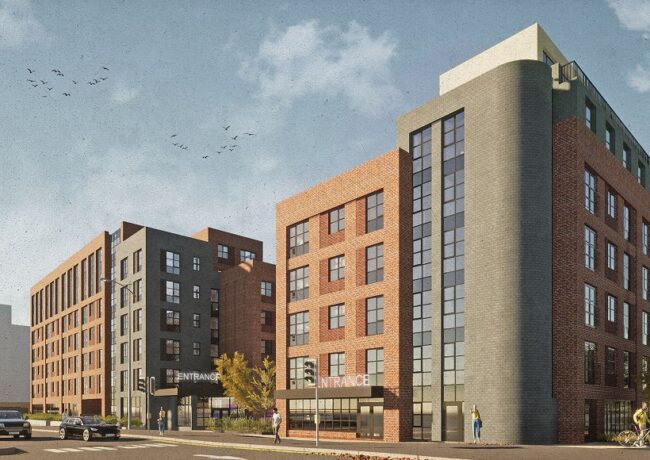Business rates burden hits region hard
Businesses in the region are being crippled by the increasing tax burden of business rates, according to figures published in the Grimsey Review.
In 2012, the North West recorded the second highest percentage of businesses in England summonsed over failure to pay business rates.
Some 18% of businesses in the North West were called to appear before a magistrate in 2012, a figure exceeded only by the 24% of businesses summonsed in the West Midlands – the highest number of summonses in England – and London.
In total more than 262,000 business premises in England were summonsed last year, incurring an additional cost to business of £24.5m.
The Grimsey Review, 'An Alternative Future for the High Street', published by Bill Grimsey, the former chief executive of Iceland and Wickes, highlights business rates as one of the key issues for businesses, particularly retailers.
According to the report, business rates have become an "unsustainably high burden for businesses and are pushing many over the edge".
John Webber, Colliers International's national head of rating, was consulted on the issue of business rates for the report.
He said: "Anything that draws attention to the sad state of the high street should be applauded and we endorse much of what has been said in relation to business rates.
"As evidenced by the number of businesses being summonsed due to failure to pay it's clearly a major issue."
One of the key recommendations in the review is the reintroduction of the 2015 business rates revaluation, following the Government's decision to delay it until 2017.
The postponement means many businesses will continue to pay rates based on property values in 2008, instead of current values, which are considerably cheaper.
The business rates revaluation delay has come under fierce criticism from retailers and property experts who argue that it will only exacerbate the problem.
Webber added: "Deferring the revaluation until 2017 makes no sense. At a time when businesses need all the support they can get from Government, this is just another slap in the face.
"And while it is stating that it won't increase rate bills more than inflation, postposing the revaluation means many businesses are being denied decreases in real terms.
"As the report points out, no business or business organisation was consulted on, or has voiced support for, these proposals. It's ludicrous."
The report also suggests that the Valuation Office Agency needs to be more proactive, given its statutory obligations.
"In effect, the current legislation allows for ratepayers to appeal their rateable value due to a current material change in circumstances," said Webber.
"This definition excludes general economic factors but physical factors can be considered. An increase in empty units in a town is a physical and material change and the Valuation Officer should look closely at the town centres within their jurisdiction and take action as soon as a level of voids has reached a significant level. This would help the high street now."




